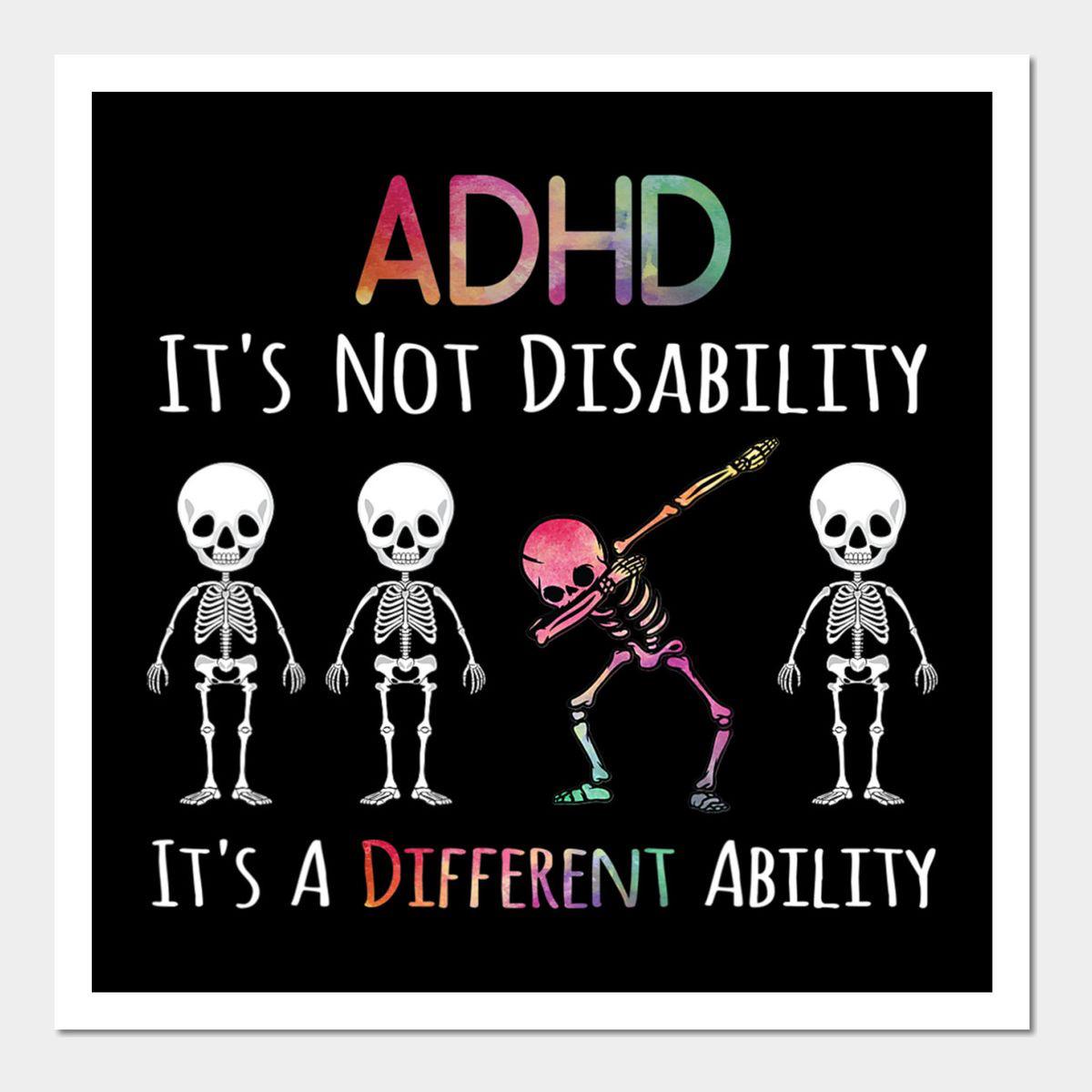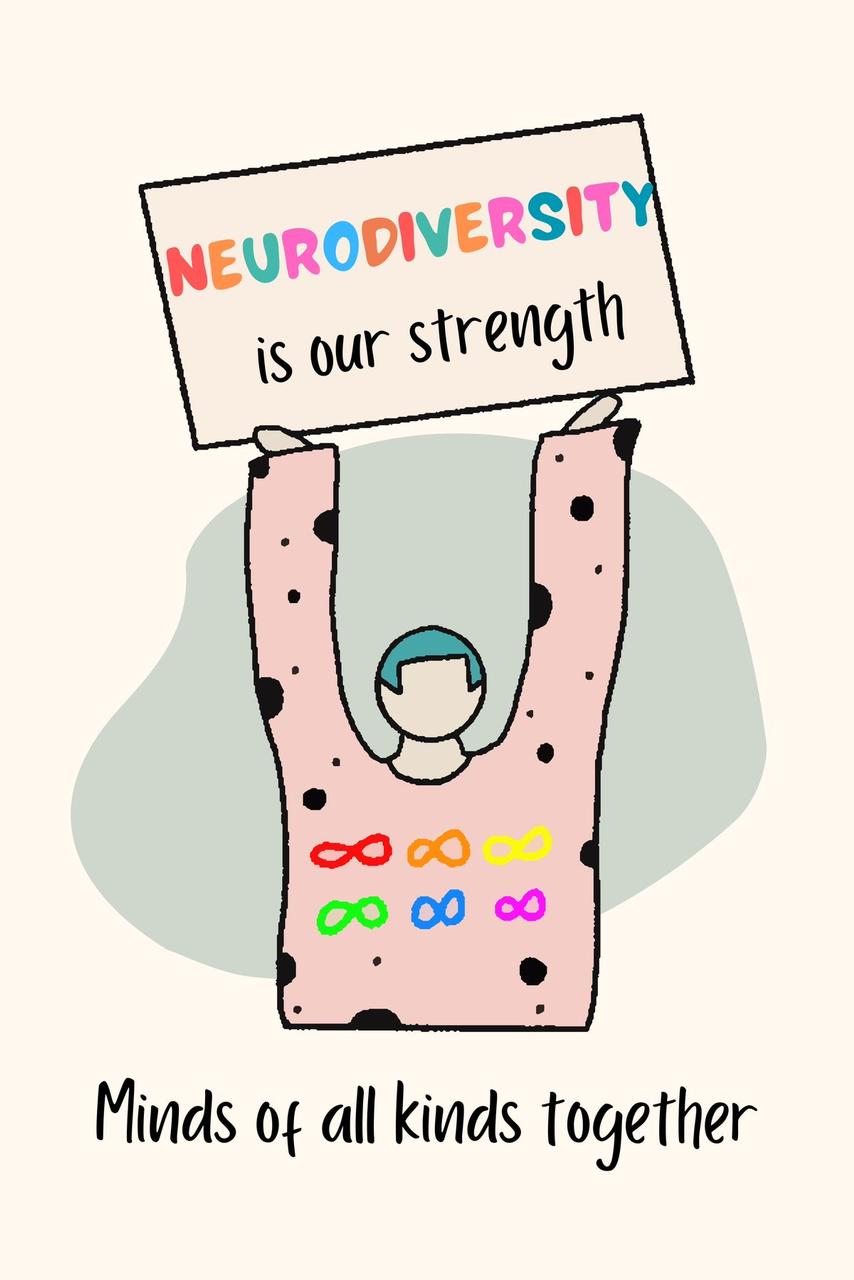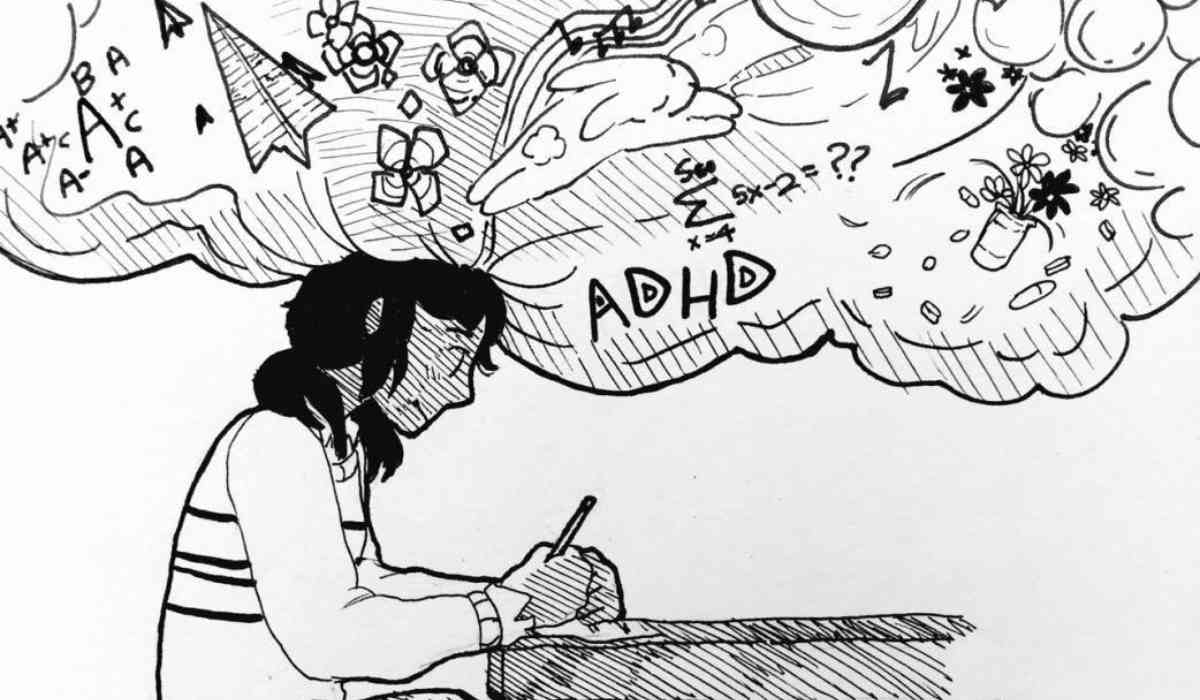What is ADHD? Attention Deficit Hyperactivity Disorder, is a neurodevelopmental disorder characterised by difficulty maintaining attention, hyperactivity, and impulsivity. Individuals with ADHD may struggle with staying focused, organising tasks, and controlling impulsive behaviours. the Topic of ADHD was discussed in detail in a VY Podcast.
In a VY Podcast, Trishala Gupta, Counselling and Rehabilitation Psychologist at Jumping Minds, said, there are different types of attention as highlighted, Sustained attention and divided attention. It can be categorised as either ADD (Attention Deficit Disorder) or ADHD (Attention Deficit Hyperactivity Disorder), which are distinct conditions.
There are globally standardised tests, validated to determine whether someone has ADD or ADHD, not based solely on individual opinions but are widely accepted parameters, similar to medical tests like HbA1c for blood sugar levels. They typically involve interviews and assessments.
When to consult medical help? As Dr Sohini Sengupta, Medical Laboratory Director at Redcliffe Labs, emphasised, Not everyone conforms to what's commonly considered "normal" behaviour, with individuals varying in typical behaviour percentiles. When a condition severely impairs ‘daily functioning’ to the extent that individuals struggle to function like the majority, it becomes concerning. For instance, those with ADD often require assistance, whether through medication or therapy, to function normally. Unlike occasional forgetfulness or attention deficits, ongoing support may be necessary.
Additionally, there's a distinction to be made between true ADHD diagnosis and casual use of the term "hyperactive." While some parents may casually describe their child as hyperactive, it's crucial to assess whether this behaviour significantly impacts the child's daily functioning before labeling it as ADHD or ADD.

Social Media affects attention span? Over consumption of social media
It is an era of overconsumption of social media, where individuals, especially the younger generation, feel the need to constantly engage across multiple platforms. The problem lies not in the existence of the media itself, which serves various purposes from education to entertainment, but rather in the excessive stimulation and the normalisation of being present on numerous platforms simultaneously.
Dr Taniya Bakshi, Managing Director at Bakson Drugs and Pharmaceuticals, India, A Homoeopathic Doctor, emphasised, In the past, taking a break from work meant going for a walk or enjoying a meal with loved ones. However, nowadays, people seem to turn to social media for relaxation. This change reflects a significant shift in our lifestyle and values.
Similarly, Isha Soni, working as Centre Head at Lexicon Rainbow Therapy & Child Development Centre, observed that young people search for validation through likes and comments and social media interaction allows for them a quick exit from conversations compared to in-person interactions, where they cannot exit.
Dr. Tarun , Co-Founder Lissun, made an interesting comparison, he said, much like how sugar can worsen diabetes after diagnosis, social media can worsen ADHD symptoms for those already diagnosed. While sugar isn't the cause of diabetes, it can significantly impact individuals with the condition. Similarly, social media isn't inherently negative, but its instant gratification can be harmful to individuals with ADHD.
Panellists agreed on, Parents often overlook ideal age guidelines due to convenience, blurring boundaries and exposing children to ‘screen’ prematurely. Recognizing abnormal behaviour falls on families, especially parents, who must be vigilant and seek help when needed in today's fast-paced world where joint families may lack meaningful engagement with kids.
Exposing children to screens at a very young age can have detrimental effects on their language and social skills. This early exposure to screens may lead to issues such as lack of eye contact, delayed language development, and reduced responsiveness.

Sonam Bhagat, Founder VYGR, highlighted that adults engage in social isolation through excessive social media use. She compares this to the concept of "hikikomori" in Japan, where people embrace isolation as a way of life. She wonders if social media is becoming our version of "virtual hikikomori," with people of all ages increasingly immersed in it.
Abhishake Das, Head of Content at Vygr, offered a different perspective, emphasising on seeing attention not as declining but rather as being fully occupied. He believes that when someone appears not to pay attention, it's because their focus is already elsewhere.
ADHD in Adults- In CEOs
Dr. Taniya points out the changing views on ADHD, once considered abnormal for children who struggled to focus in school. Now, ADHD recognizes the potential for high energy levels, three times that of an average child, which can be channelled positively.
She highlights that ADHD is not exclusive to children; adults are increasingly being diagnosed. The prevalence of ADHD across ages suggests it's not solely influenced by genetics or media but also by lifestyle changes. CEOs, for instance, are constantly multitasking and making numerous decisions, reflecting ADHD-like behaviors. Examples like Bill Gates and Albert Einstein, who are known to have had ADHD or ADD.
Trishala Gupta emphasised that Multitasking is a myth, While many claim to multitask effectively, scientific evidence suggests otherwise—it's essentially divided attention, with one task receiving more focus than the other. Multitasking isn't supported by facts; instead, it often hampers productivity.
Increased Awareness in GenZ
As Abhishake emphasised, Back then, terms like ADHD weren't used, he added that he was often called absent-minded because he would zone out frequently and get lost in his thoughts.
As per the experts in the panel, The Gen Z and Gen Alpha generations are notably more aware and accepting of mental health issues compared to previous generations. They don't carry the same stigma or taboo surrounding these topics and are proactive about seeking help when needed.
This increased awareness can be attributed to their early exposure to technology and social media, which they utilize in a mature and responsible manner. As a result, they are more inclined to openly discuss mental health, seek counseling, and actively work towards improving their well-being.
Labelling a ‘different’ child as ADHD is right?
Dr Taniya makes an extremely valid point, emphasising that, Five years ago, it was very embarrassing; people didn't even want to talk about it. Now, parents are more open about asking if their child has ADHD or other issues. Parents are much more educated now, thanks to online resources.
Unfortunately, there's a trend where teachers refer children for ADHD testing, who are perceived as difficult to handle. Some of these children may actually be gifted but are bored because they're not being challenged. So, parents are often pushed from different directions to get their child tested.
Closing statements: No to Overconsumption of Social Media
All Panellists' agreed on encouraging controlling kids' screen usage. Isha emphasises the need for regulation and parental role modelling, while Tarun provides age-based recommendations for screen time, while Isha emphasises the necessity for rules and parental role modelling. Taniya emphasises the need of encouraging prenatal care and helping kids with ADHD develop appropriate coping strategies. Sohini promotes parental supervision and the provision of worthwhile substitutes for internet use. Trisha emphasises the value of professional assistance and parental involvement in addressing ADHD. Abhishake emphasises how important it is for parents to act in a way that sets an example for their kids.
Check out the Fun Podcast: VY TALKS - https://youtu.be/z2LziL11otw?feature=shared
©️ Copyright 2024. All Rights Reserved Powered by Vygr Media.





















